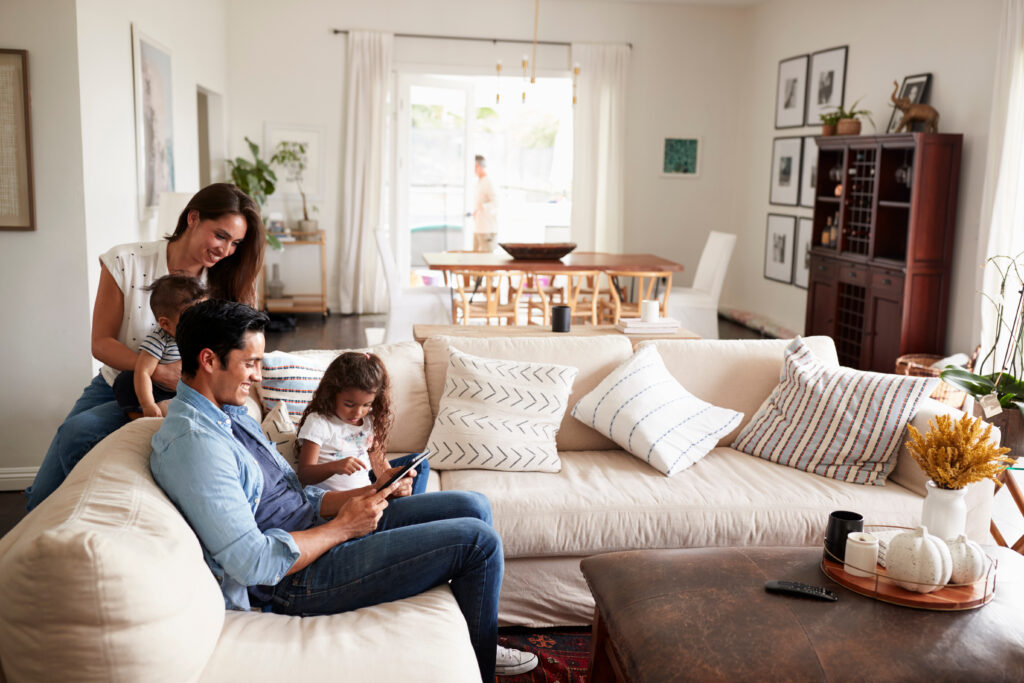When homeowners in Vancouver decide to sell their property, it’s crucial to be aware of the potential implications of capital gains tax. In Canada, the sale of a residential property may be subject to this tax unless the property qualifies as the homeowner’s principal residence. Generally, the capital gains tax is applied to 50% of the profits obtained from selling an asset at a profit.

Defining a principal residence, however, can be somewhat ambiguous according to the Canada Revenue Agency (CRA), and meeting the criteria for the principal residence tax exemption involves several considerations.
THE PRINCIPAL RESIDENCE TAX EXEMPTION
The CRA mandates all taxpayers to report capital gains on property sales in their annual taxes. Yet, an exception is made for properties deemed as a principal residence.
Capital gains taxes are imposed on real estate investors who aim to profit from property sales, including house flippers and those who buy properties for rental purposes. Currently, the capital gains tax rate in Canada is set at 50% of realized capital gains.
For instance, if you invest in a $300,000 home and sell it for $350,000, resulting in a $50,000 gain, only $25,000 (half of the gain) is added to your taxable income for that year.
The principal residence tax exemption can significantly reduce the taxes payable when selling an investment property.
HOW THE CRA DETERMINES PRINCIPAL RESIDENCE
A principal residence is a property primarily used by the owner for personal living, even if occasionally rented out or sold for profit. The CRA does not specify a minimum number of days required for a property to qualify as a principal residence in any given year.
While full-time residence is not mandatory, homeowners may need to prove their physical presence in the property during the years designated as principal residence.
When claiming the principal residence tax exemption after selling a home, it’s advisable to have supporting evidence, especially if the CRA decides to audit the claim.
If the CRA investigates a principal residence exemption claim, they assess each case individually, considering factors such as utility bills, rental days, days spent living in the property, real estate transaction history, capital gains, rental income, and other sources of income.
CAN I RENT OUT MY PRINCIPAL RESIDENCE?
Surprisingly, homeowners can rent out their principal residence and still qualify for the principal residence exemption. However, eligibility depends on the number of days the property is rented out within a given year.
For instance, renting out a home on platforms like Airbnb while on vacation might still allow you to claim the principal residence exemption. However, if the property is primarily rented to long-term tenants, you may not qualify for the exemption in that year.
HOW MANY PRINCIPAL RESIDENCES CAN YOU HAVE?
Since 1982, the CRA has limited taxpayers to claiming only one principal residence per tax year, even if they own multiple properties.
THE CRA PRINCIPAL RESIDENCE CRACKDOWN
While the principal residence tax exemption serves as a great incentive for Canadians investing in real estate, not everyone accurately reports the sale of their homes.
The CRA may scrutinize properties sold under the guise of a principal residence and impose capital gains tax if there’s reason to suspect it was an investment property. This scrutiny can occur even after previously receiving a principal residence exemption. Therefore, homeowners must ensure the accuracy and transparency of their property sale reporting to avoid potential tax implications.

In conclusion, understanding the intricacies of capital gains tax is crucial for anyone considering the sale of their home at some point in the future. Please note that we are not accountants nor tax advisors. If you seek professional advice tailored to your specific situation, we’re happy to connect you with our vast network of experts who can provide the guidance you need.
